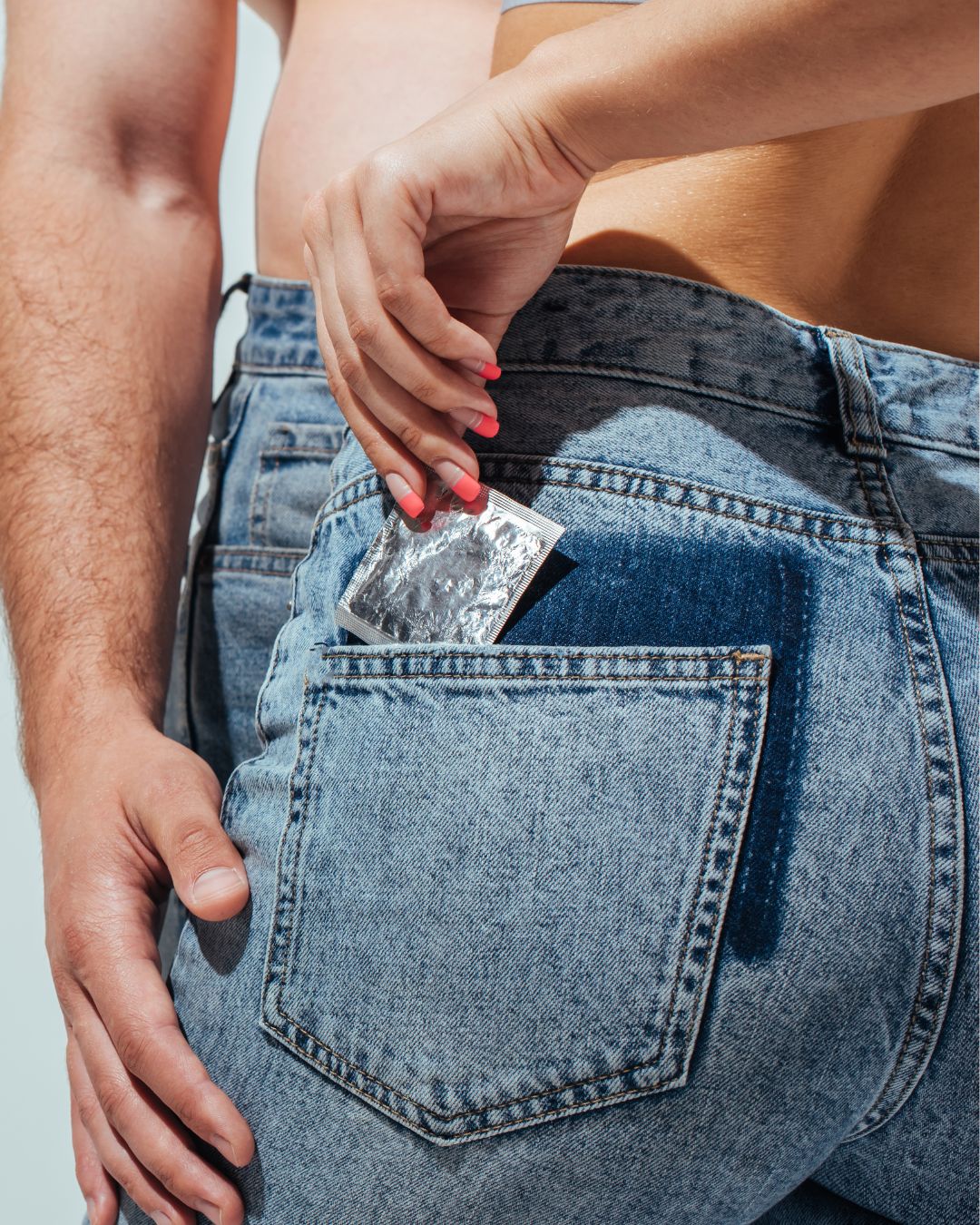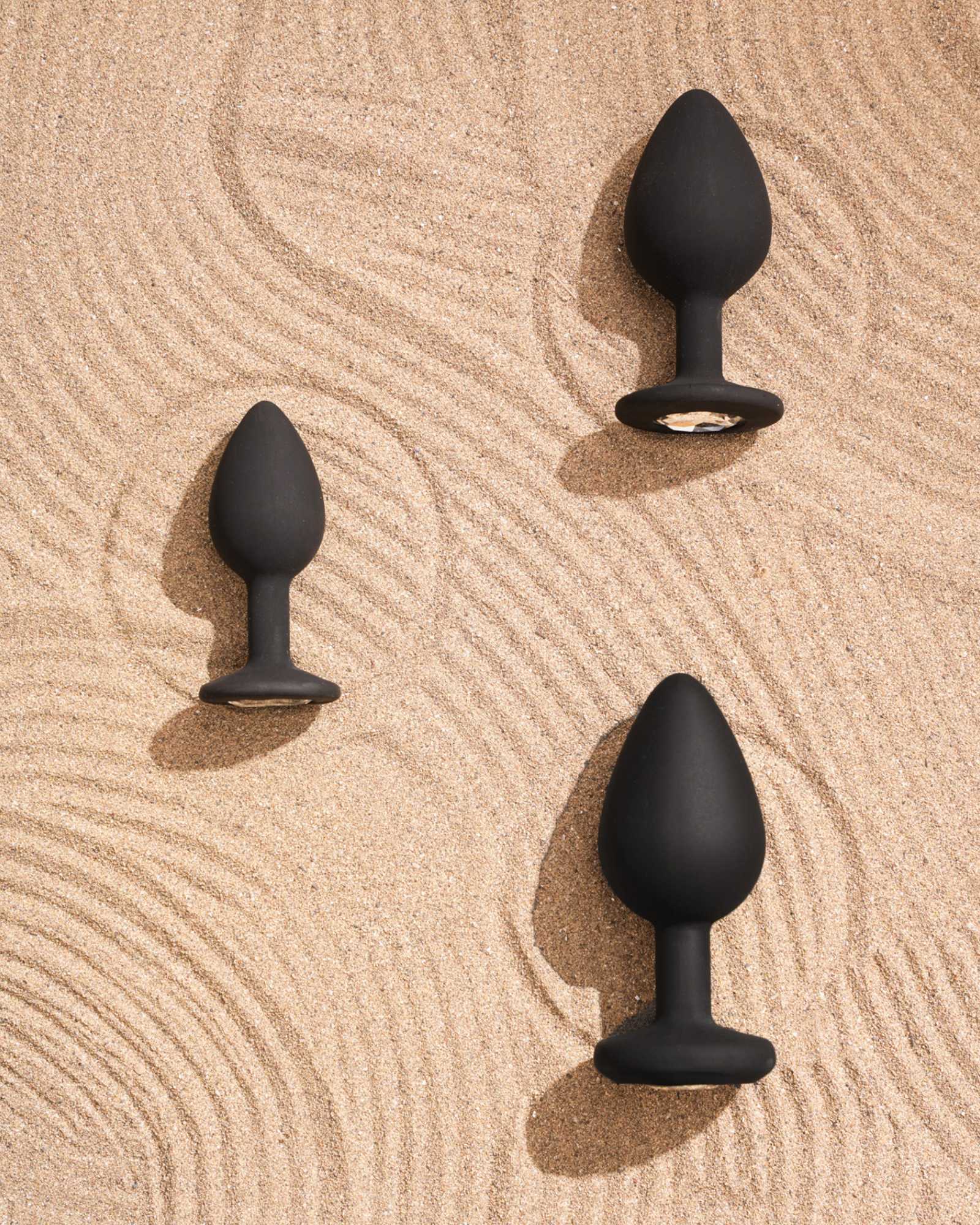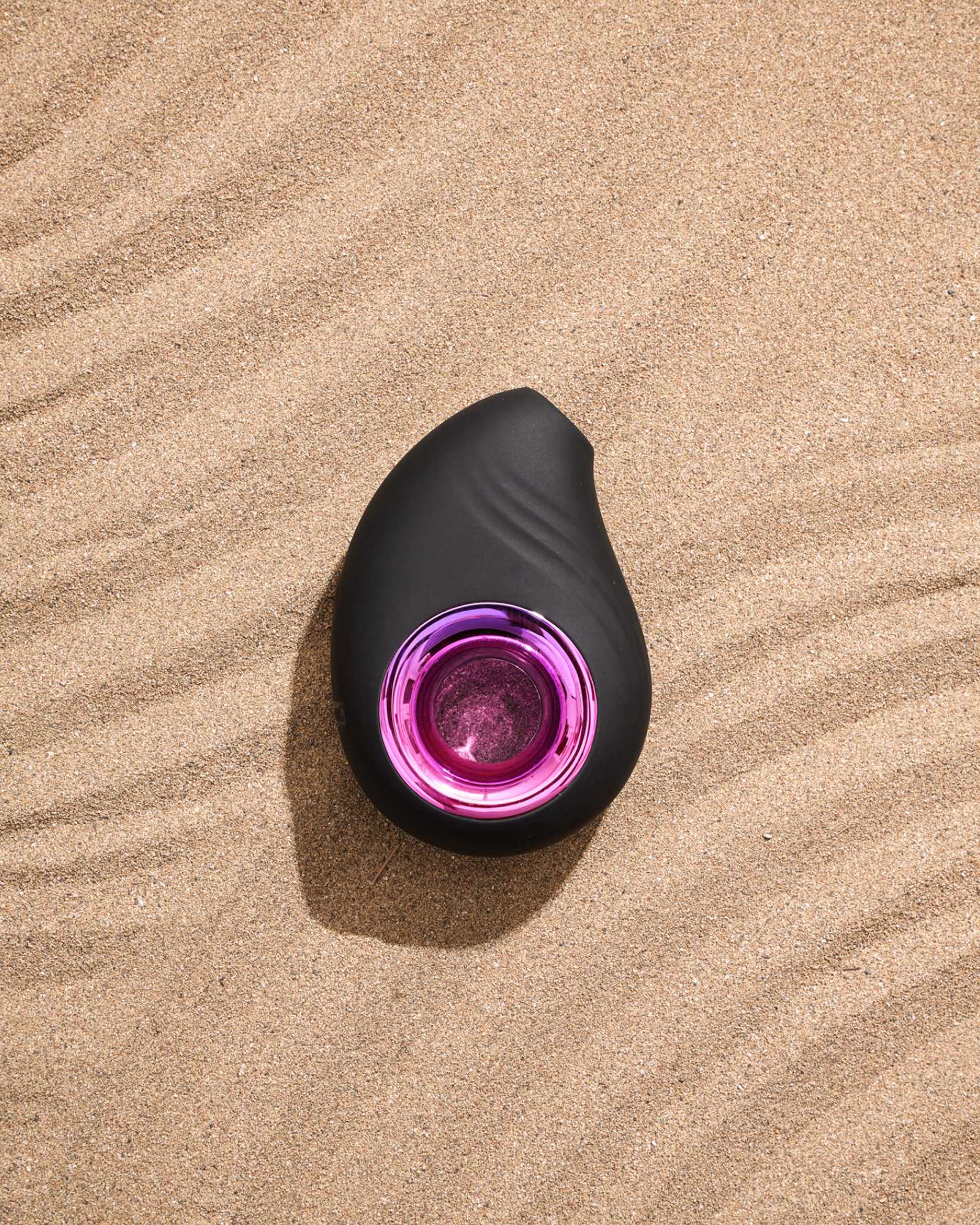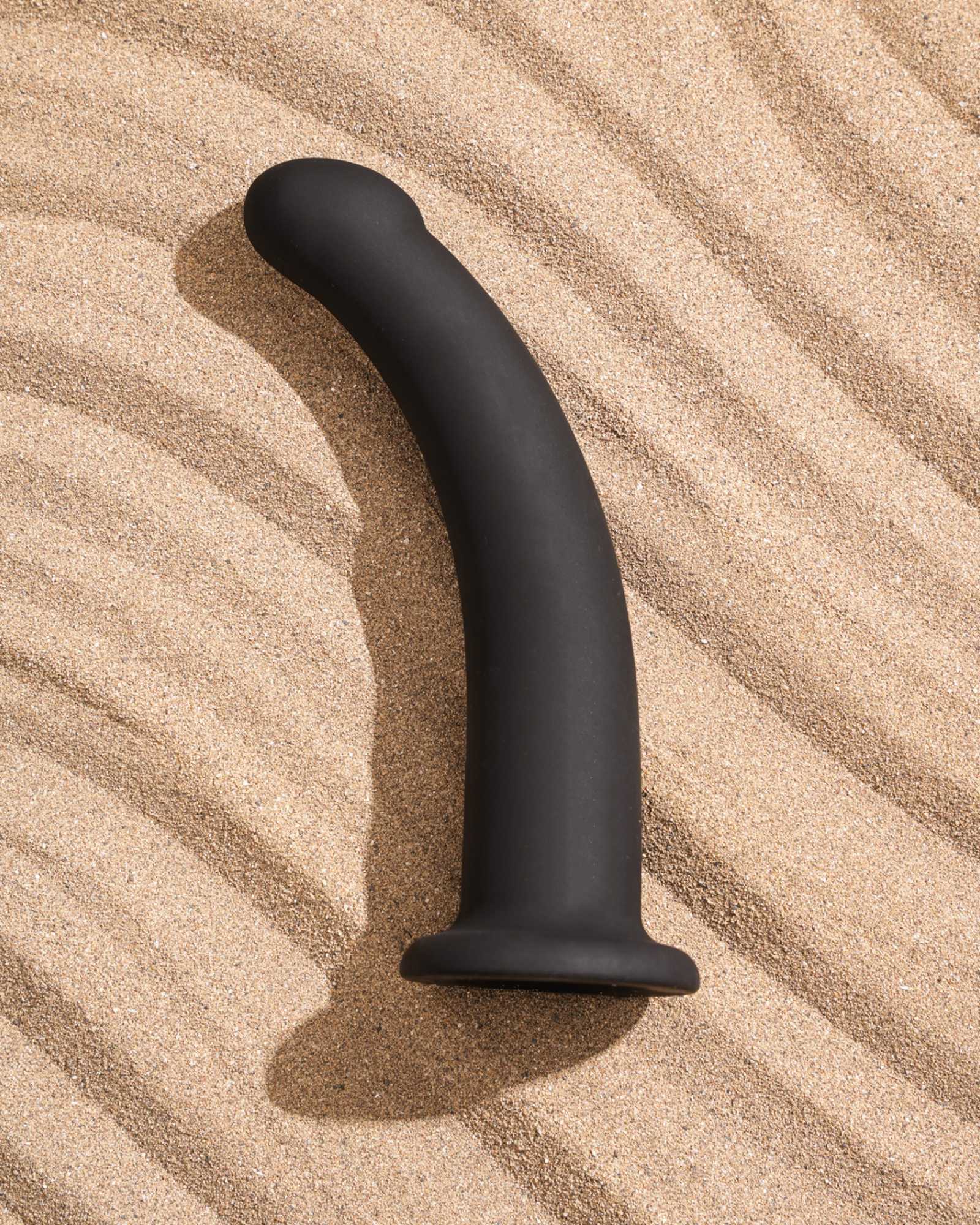Maybe the two aren’t directly linked for everyone all of the time.
But in my case, they were.
After months and months of irregular periods and painful sex
After months of me thinking it was an injury
Or a UTI
Or period irregularities caused by my diet
After ruling out everything that I had originally suspected, my new doctor said something I was not expecting to hear at all.
“Let’s check your prolactin levels”
And he was right. My prolactin levels were high.

Prolactin, or the lactation hormone, is responsible for the body’s milk production after it gives birth, but it helps regulate non-pregnant bodies too. It regulates the menstrual cycle alongside estrogen and with the right mix of triggers, it delays your ovulation.
It may also cause your libido to drop or fluctuate. It can lead to your vagina feeling drier than usual and sex may start feeling more difficult or painful.
What do nipples have to do with your prolactin?
Regular, intense nipple play can mimic the signals of your body nursing a baby, and that can trigger your prolactin levels to rise despite you not having given birth at all.

When should you speak to a doctor about this?
- When your periods have been irregular, delayed or absent
- When you experience dramatic fluctuations in your weight
- When sex begins to feel painful and wasn’t always painful for you
- When period pains and PMS start to feel worse with time

If your prolactin levels are high, take a break from those pinches, pulls, bites and nipple Os. Take a moment to check if you’ve been unusually stressed lately, and see what your sleep cycle and exercise routines have been like.
There’s no shame in watching your hormones fluctuate, we all go through it.
There’s also no shame in giving your body a break.


















Leave a comment
This site is protected by hCaptcha and the hCaptcha Privacy Policy and Terms of Service apply.